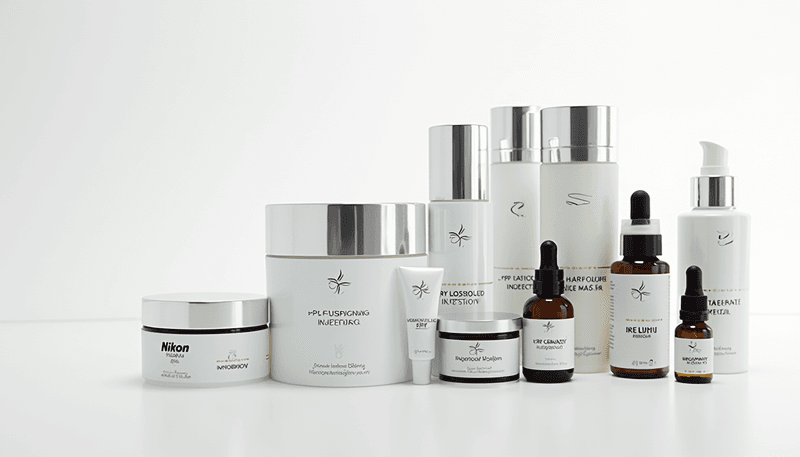Hair Loss Myths vs Science Facts

Every morning, you notice those strands on your pillow or tangled in your brush. It's a sight that makes your heart sink just a little. If you're wondering whether those lost strands signal something more serious, you're not alone. A groundbreaking study from Iraq reveals new insights about hair loss patterns and effective treatments, challenging some common beliefs while confirming others.
The Weight Connection You Never Knew About
Here's something that might surprise you - your weight could be affecting your hair health more than you think. The study found that higher body weight increased hair loss risk by 33%. Think of your body as a complex orchestra - when one section (like metabolism) plays too loud, it can throw off the whole performance.
"Could your bathroom scale be telling you more about your hair health than your mirror?"
This connection likely stems from how excess weight affects hormone balance and inflammation in your body. Just as a garden needs balanced soil conditions to flourish, your hair follicles need balanced body conditions to thrive.
What you can do today:
- Track your BMI and aim for the healthy range (18.5-24.9)
- Focus on nutrient-rich foods rather than crash diets
- Include anti-inflammatory foods in your meals
The Surgery and Anesthesia Factor
Ever noticed more hair falling after a medical procedure? The research confirms it's not your imagination. Surgical procedures and anesthesia can increase hair loss risk by 2-3%. It's like when a plant goes through transplant shock - temporarily disrupting its normal growth cycle.
Sarah, one of my regular readers, shared her experience: "After my gallbladder surgery, I noticed more hair in my brush. Had I known this was normal, I would have worried less and focused more on recovery."
If you're planning surgery:
- Discuss hair loss concerns with your doctor beforehand
- Consider taking biotin supplements (with medical approval)
- Be extra gentle with your hair for 3-6 months post-surgery
Treatment Success: What Really Works
The study tracked three treatment approaches: Platelet-Rich Plasma (PRP), topical treatments, and oral supplements. After three months, 92% of participants saw significant improvement. Think of these treatments like different types of plant food - some work through the roots (oral supplements), others through the leaves (topical), and some rejuvenate the soil itself (PRP).
Key findings about treatments:
- PRP showed 87% success rate
- Topical treatments helped 83% of users
- Oral supplements benefited 88% of participants
"What if the solution to your hair concerns isn't about trying harder, but trying smarter?"
Last week, I met Maria, a 35-year-old teacher who tried all three treatments. "The combination approach made the biggest difference," she said. "It's like giving your hair a complete support system rather than just one helping hand."
Starting a treatment plan:
- Get professional assessment first
- Consider combining approaches
- Document your progress with photos
- Be patient - results take 3-6 months
Your Action Plan Starts Now
Looking at your brush full of hair doesn't have to fill you with dread anymore. Understanding these scientific insights gives you power - power to take action, make changes, and see real results.
"Which one small step will you take today toward healthier hair?"
Start by picking just one insight from this research to implement. Whether it's scheduling that overdue health check-up or reassessing your diet, each step brings you closer to your hair health goals. Share your chosen step in the comments - your experience might just help someone else starting their journey.

Amelia Grace Okonkwo
Amelia Grace Okonkwo is a freelance health writer and author with over 15 years of experience in health journalism, specializing in women's health and autoimmune disorders. With a background in biology and a Master’s in Public Health from Johns Hopkins, she combines scientific accuracy with a storytelling approach to make health information accessible and empowering. Amelia is known for her bestselling book, "The Skin We're In," which explores autoimmune disorders and their impact. She is passionate about delivering practical health insights for women, addressing topics from midlife wellness to mental health.







